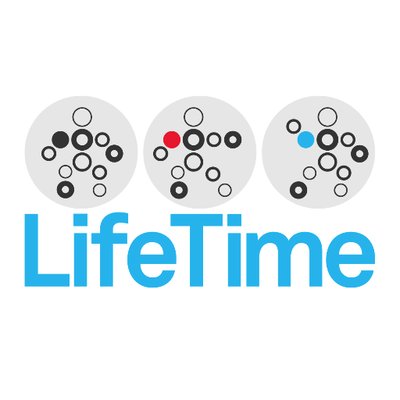Bonn/Berlin/Paris, January 16th, 2019. Our body’s cells are constantly changing. But which of these changes are healthy developments and which lead to serious diseases? This is what LifeTime, a new transnational and interdisciplinary initiative of leading European researchers, aims to discover. The consortium, which involves scientists of the German Center for Neurodegenerative Diseases (DZNE), now cleared an important hurdle: LifeTime will be given one million euros from the European Union (EU) to develop a plan to embed its vision for a healthier future within the European research and innovation landscape.
How can signs of disease be detected as early as possible at the cellular level so as to quickly prevent disease progression through appropriate treatment? The European Union is now investing a million euros over a one-year period in devising the plan for a fundamentally new approach to understanding the constant changes within cells and their relationships to one another, thus creating the foundation for the precision medicine of the future. The funds will go to the international LifeTime consortium, which is jointly coordinated by the Max Delbrück Center for Molecular Medicine (MDC) and the Institut Curie.
LifeTime’s research teams bring together cutting-edge technologies such as single-cell biology techniques. DZNE scientists are also involved in the project. “We are now able to carry out genomic analysis of individual cells. We are convinced that this single-cell genomics can also be applied to patients in a clinical setting. According to the motto ‘From single cells to patients’,” explains Prof. Joachim Schultze, a genome researcher and the founding director of the PRECISE Platform for Single Cell Genomics and Epigenomics. “This technology has enormous potential. It could be applied to a wide variety of diseases. Ultimately, the goal is to treat patients more individually and therefore more specifically, with less side effects, than is possible today.”
The LifeTime consortium will be receiving EU funding for one year to prepare a detailed plan for a ten-year research initiative. The two largest European research organizations – Germany’s Helmholtz Association and the National Centre for Scientific Research (CNRS) in France – are playing a major role in the project. More than 120 scientists at 53 institutions in 18 European countries are supporting the LifeTime consortium, as are more than 60 partners from industry. The European Union will concurrently fund the preparation of five other potential research initiatives. After the first year of funding, it will be up to the European Union to decide if any of them will be continued as a large-scale research initiative.

